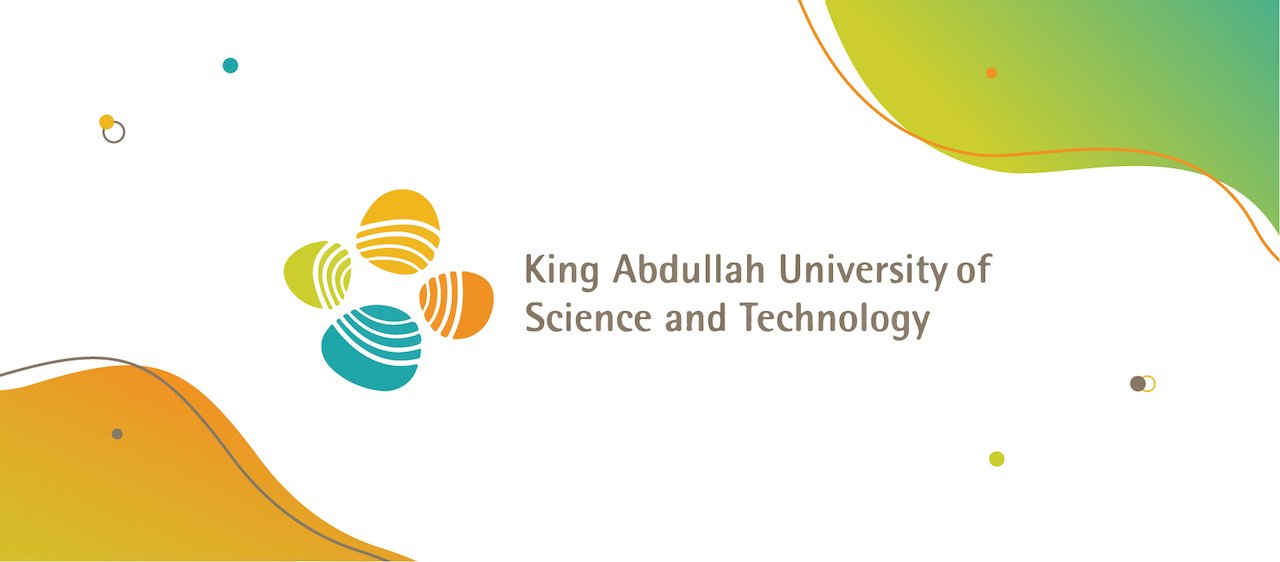CASE STUDY: Increased Student Engagement at KAUST
/Overview
King Abdullah University of Science and Technology (KAUST) has been a CampusGroups (CG) partner since June 2020. They implemented the campus engagement software during the global COVID-19 pandemic when Saudi Arabia was in full lockdown.
About KAUST
KAUST was founded in 2009 and is located on the Red Sea in the small fishing village of Thuwal, Saudi Arabia. The unique Saudi campus is home to the kingdom’s first mixed-gender university campus, and hosts approximately 1,000 students and over 90 nationalities.
Challenges Prior to CG implementation
Prior to implementing CampusGroups, KAUST had a legacy student life community platform that was abandoned by administrators and staff. The issues with the previous system were:
It was not engaging- It was not interactive and very one-dimensional. Students were simply bored and stopped using it.
The lack of automation- The legacy platform was very manual and lacked analytics and reporting capabilities.
There was very little room for customization. As a small research-based university, KAUST needed something that could adapt to their needs specifically.
It was complicated and non-intuitive. The culture at KAUST is very transient. Most of the staff are expats, and so it is imperative that a system be easy to pick up.
Solutions Provided by CG Implementation
KAUST wanted a one-stop-shop for student life available on the web and mobile. CG provided KAUST with the solutions it needed in one place. These include:
Automated Workflow and Reporting Features- According to Frances Field, the university’s Student Engagement Specialist, “KAUST chose CG because it enabled us to automate key processes”. The most popular workflows are tracks and checklists, event registration and check-in. Further, the data feeds into an analytics and reporting dashboard.
Highly Customizable Platform- KAUST’s legacy platform was abandoned because students got bored. “With CG, we have created a colorful and dynamic virtual student center,” said Frances. KAUST’s homepage “Campus Connect” was built to meet KAUST’s needs specifically. Photos and buttons change based on the time of year and what’s happening on campus.
Easy to Implement Modules- KAUST launched the CG platform in just six weeks during lockdown. “Everything is drag and drop. This makes the process of building out the platform very easy”, Frances said. Students also reportedly like that they can see instant results and track their status in the process.
Multiple Engagement Tools- Gamification and the dedicated apps features are huge draws. KAUST’s campus app does all the day-to-day stuff. It also has dedicated Commencement and Orientation apps. The activity feed, chat, and events tools are go-to features. The connection programs, newsletter, careers and jobs board tools are also key.
Results
Student engagement at KAUST has significantly increased since CG’s implementation. Despite being mostly virtual last year, “we saw as much engagement online as would have had in a physical setting”, said Frances. Student leaders and student groups adopted the system rapidly and use it daily. Usership of key features is also growing.
Going Forward with CG
Usership is growing and will continue to do so. The system is also evolving. If there is a need, CG is quick to bridge the gap. Virtual fairs for instance were very quickly rolled out to deal with the pandemic. “One of the things we love about CG is that we can request features and CG will consider developing them,” said Frances.
Bottom Line
Initially, Frances was skeptical of CG. Her fear was that, like the legacy system, students would not use the platform. Adoption has however been high. The system has helped KAUST increase overall involvement, improve the student experience, and save budget.
RELATED ARTICLES:


















